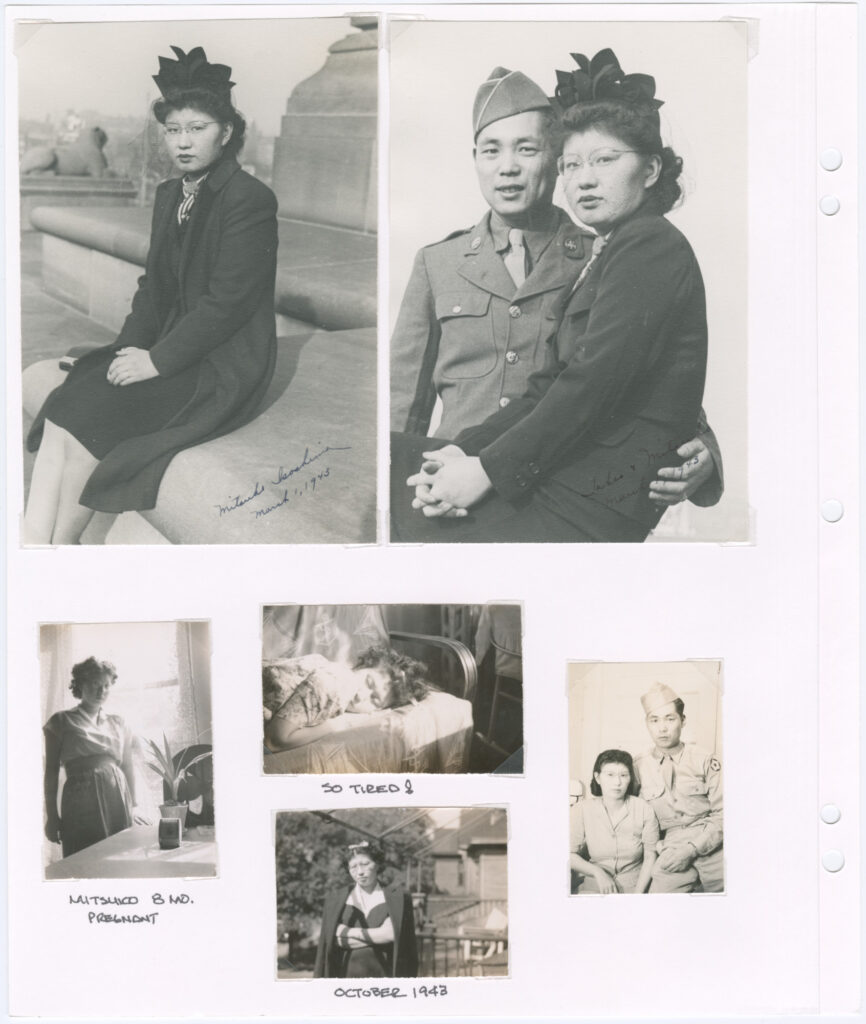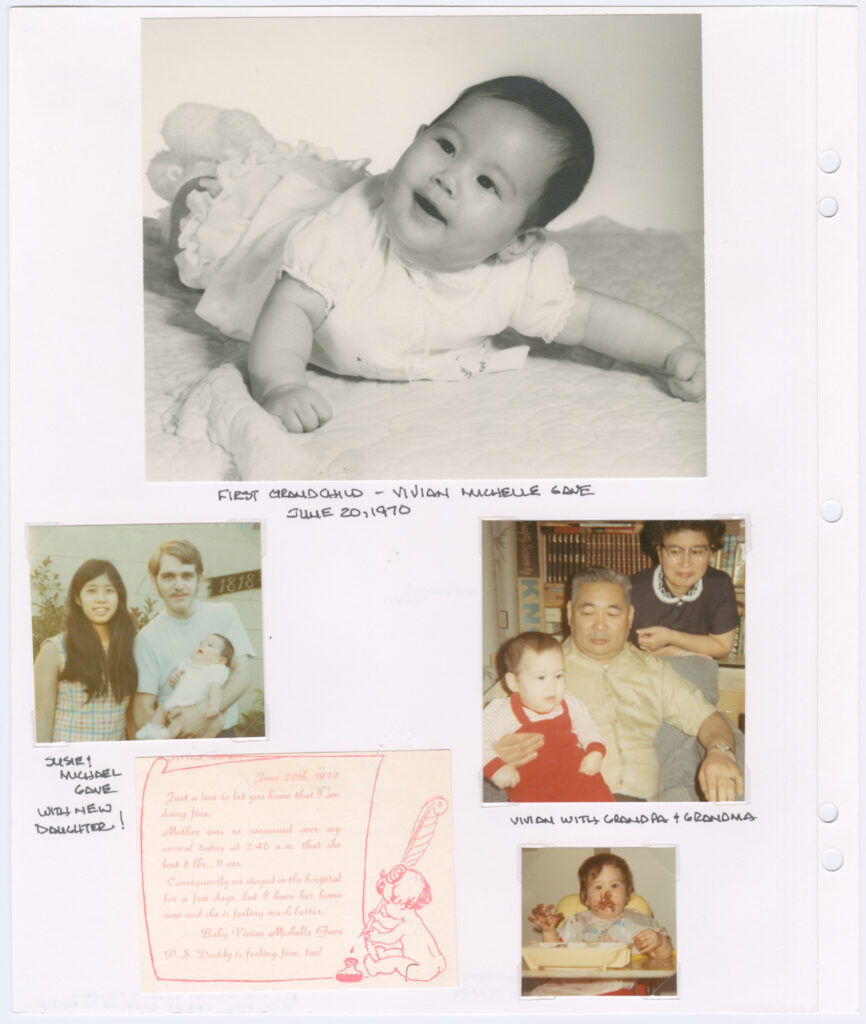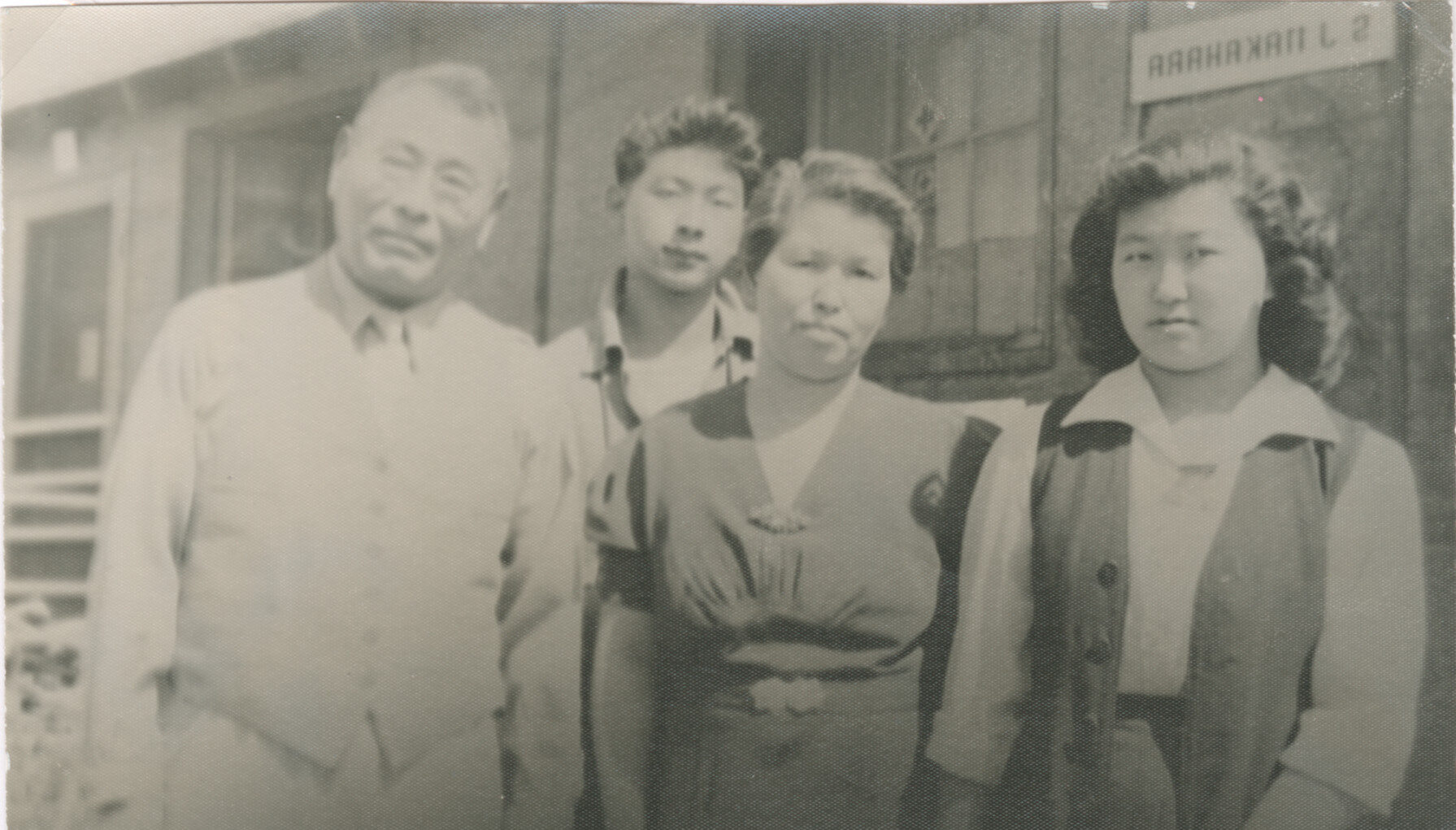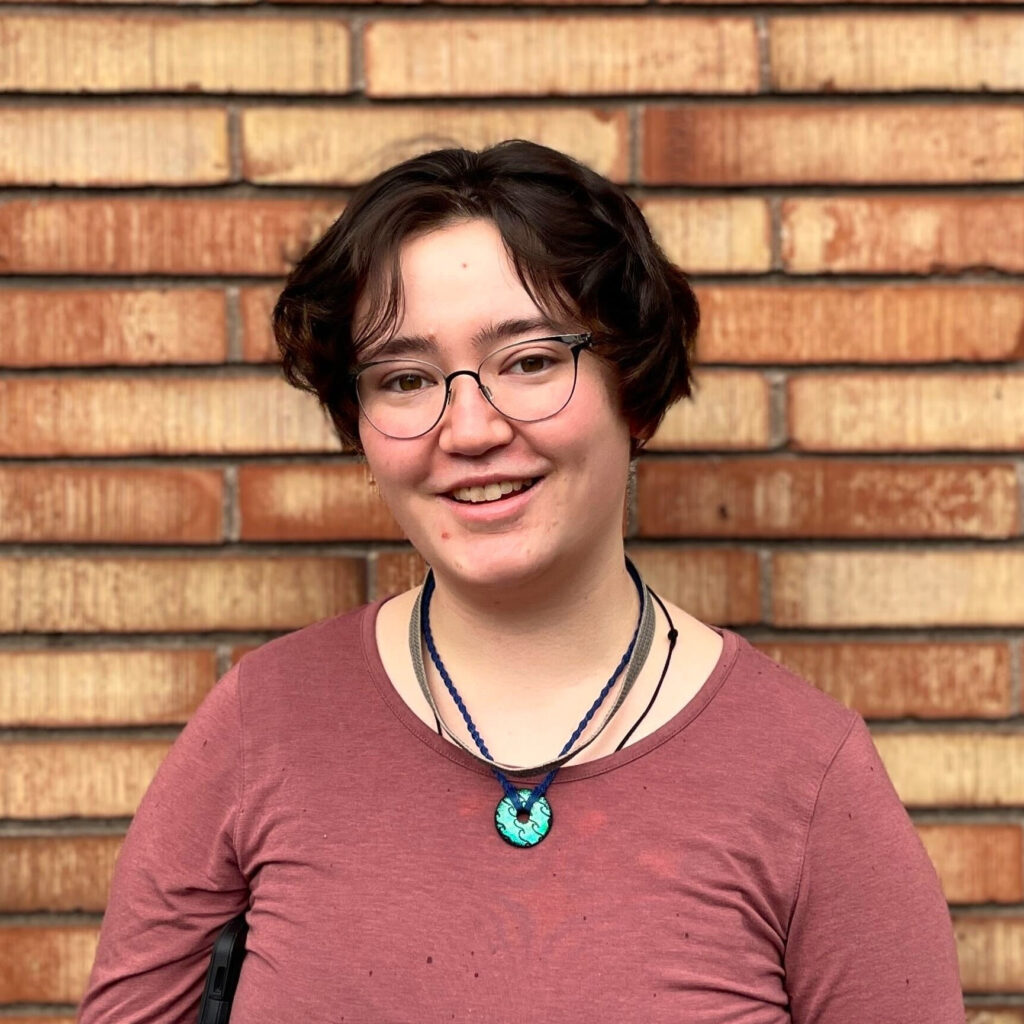July 12, 2023
Kathleen Singleton is a mixed Yonsei, born and raised in Seattle, Washington. They graduated from Central Washington University with a BA in Professional and Creative Writing with a minor in Library Science. Densho hosted Kathleen as an intern in the spring of 2023. During that time, they worked primarily with digitized objects, processing images and creating metadata. In this Q&A, Kathleen reflects on the power of archives and especially archives that, like Densho, strive to document stories that are often left out of the mainstream.
What sparked your interest in working with archives?
I think I’ve always been interested in the idea of archives and preserving history, but it wasn’t until I was in university that I took interest in archives as a career. During my time in university, I had the opportunity to learn about archives and their function in society. I was fascinated by the way that archives serve the public—often not visibly, but important in preserving history that otherwise would be left to the side.
My personal interest in working at Densho stems primarily from my mother’s side of the family. During the research my mother was doing into my grandmother’s history being incarcerated as a young adult in Gila River, she used resources from Densho to learn more about our family’s history during WWII. I’ve been interested in contributing to Densho’s work ever since then.
Did you have a favorite collection that you worked on during your internship?
During my internship, I had the opportunity to work with the Takeo and Mitsuko (Nakahara) Isoshima Family Collection, which is comprised primarily of the photographs and documents in a family photo album. It was an honor to be trusted with someone’s family history, and I think tracking the progression of one person’s life through photos is uniquely interesting. By the end of my work with the collection, I could identify most of its family members on sight, even if the photographs they were in weren’t captioned.

What’s something you learned, or something that felt meaningful to you, while doing this work?
I think the thing I most value learning during my time with Densho is just how much more I can learn, not only about our community’s history but also about how archives function. Densho is particularly interesting because it is primarily a digital archives, which means it does not focus on long term storage of physical objects like other archives I’ve worked at. I learned more about how metadata functions and the considerations that go into a digital archive’s best practices. On a community level, working with Densho’s materials made me realize just how much I can learn about our history, something that I will keep striving to do.
I’m grateful to the staff at Densho for this opportunity to learn more about these topics and will continue to pursue further education in the future.

Why do you think archival work is important? Why do you think it’s important for people to know about this history?
Archives, especially community-based archives, are important because they tell stories. History is often understood through the dominant power of a single narrative, leaving little room for other versions. Many people exist on the edges of these histories. The power of the archives is to bring these stories to light and preserve them for future generations. What we curate in an archives is a statement about what we don’t want to be forgotten.
Regarding Japanese American history with incarceration in particular, it is not often a history shared among our community, not to mention outside of it. Without an archives such Densho, I worry that much of it would be lost. Archives help us preserve the history and wisdom of those that came before us, not only for the present day, but also for future generations.
The parallels between the history Densho works to preserve and the present day are easy to draw and alarming. I hope that by preserving this past we can foster empathy and solidarity with similar struggles today.
—
Funding for Kathleen’s internship was generously provided by the Washington State Historical Society’s Diversity in Local History Program.


